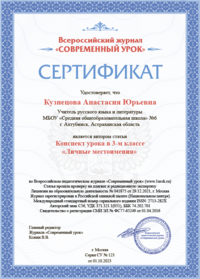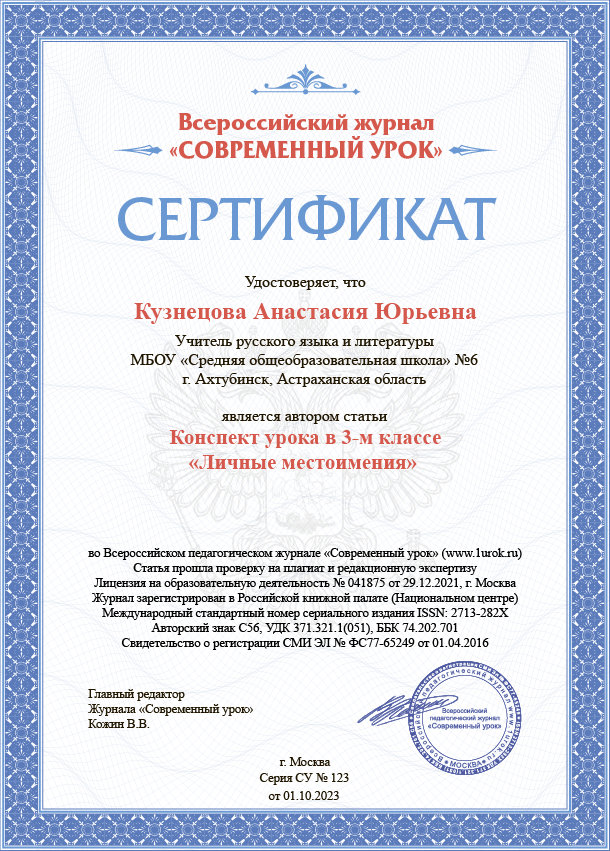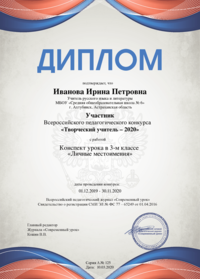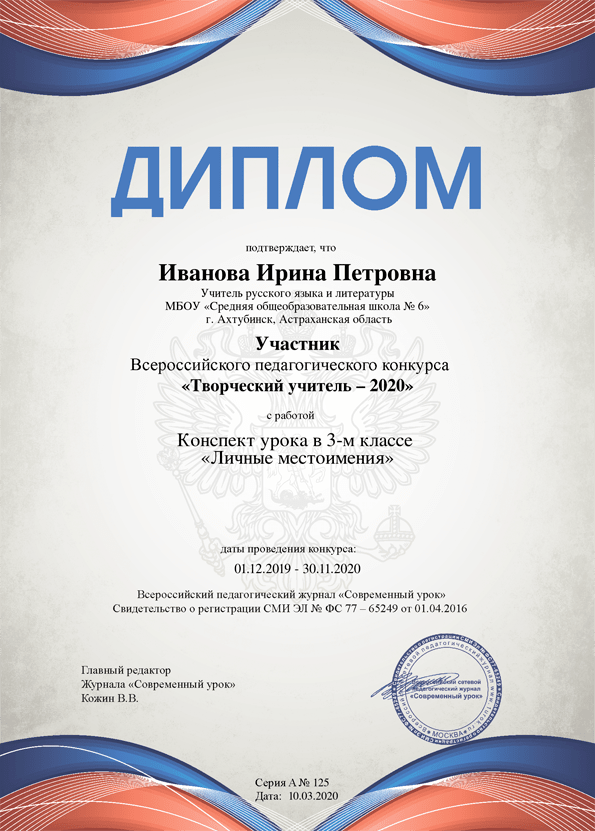How to boost your vocabulary
Автор: Татьяна Юрьевна Звонкова
Организация: МБОУ «СШ № 2»
Населенный пункт: г. Смоленск
Why is vocabulary so important? Well, for starters, it's the foundation of language. Every word you know opens up a new avenue for expression, and the more words you have at your disposal, the more nuanced and precise your communication can be.
Think about it: if you only have a few words to describe something, you're limited in your ability to convey its subtleties and complexities. But if you have a broad vocabulary, you can choose the word that best captures the essence of what you're trying to express.
Having a wide vocabulary also makes you a better reader and writer. When you encounter new words in a text, you'll be able to understand their meaning and context, which will deepen your comprehension of the material. And when you're writing, a varied vocabulary will allow you to avoid repetition and create more engaging and polished prose.
Beyond the practical benefits, having a wide vocabulary can also be a source of personal growth and fulfillment. Learning new words exposes you to new ideas, perspectives, and ways of thinking. It can also increase your empathy and understanding of others, as you're better able to grasp the nuances of their language and culture.
So, how can you build your vocabulary? Here are a few tips:
Read widely: The more you read, the more words you'll encounter. Try to expose yourself to a variety of genres and styles to expand your vocabulary in different contexts.
Look up new words: When you come across a word you don't know, take the time to look it up and learn its definition. You can also jot down the word and use it in a sentence to help cement it in your memory.
Use a thesaurus: When you're writing, use a thesaurus to find synonyms for common words. This will help you avoid repetition and add variety to your language.
Practice: Challenge yourself to use new words in conversation or writing. The more you use them, the more comfortable and natural they'll become.
Having a wide vocabulary is essential for effective communication, personal growth, and professional success. So make a point to expand your word bank every day, and watch your language skills soar!

 БЕСПЛАТНЫЕ семинары
БЕСПЛАТНЫЕ семинары





